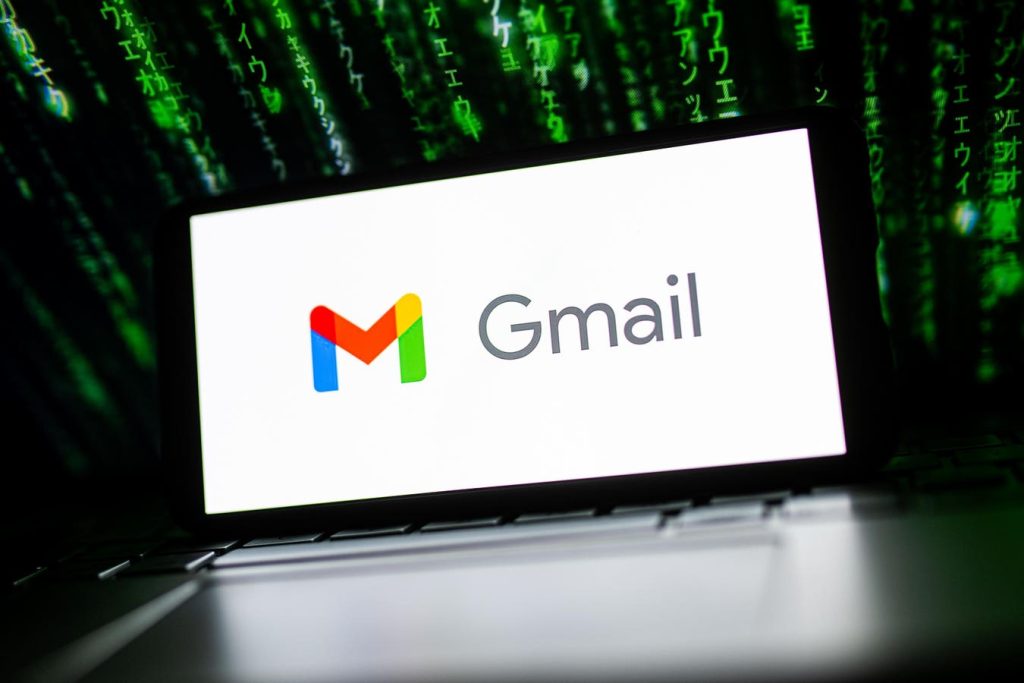In an effort to reduce the amount of spam in Gmail inboxes and enhance the security of Gmail users, Google will begin rejecting emails from bulk senders that do not meet new authentication requirements starting on April 1. This move is aimed at preventing malicious actors from using unauthenticated or compromised domains to deliver dangerous payloads and reduce unwanted spam. The new rules will require bulk senders to authenticate their emails using well-established best practices such as Domain-based Message Authentication, Reporting & Conformance, DomainKeys Identified Mail, and Sender Policy Framework.
Bulk senders are defined by Google as individuals or organizations sending close to 5,000 messages or more to personal Gmail accounts within a 24-hour period. Once designated as a bulk sender, this status is permanent with no expiration date. It should be noted that these guidelines apply to emails sent to personal Gmail accounts, but all senders, including those using Google Workspace accounts, must comply with the new regulations. This strict classification of bulk senders aims to enhance email security and protect Gmail users from potentially harmful content.
The new rules requiring proper domain authentication from bulk senders will not only block a significant amount of spam before it reaches users’ inboxes but also increase email security for Gmail users. By implementing these authentication requirements, Google aims to address the issue of many bulk senders not properly securing and configuring their systems, which can allow attackers to hide amongst legitimate senders. This move is aimed at closing loopholes exploited by attackers and ultimately protecting all email users from threats posed by malicious or unethical senders.
Along with the authentication requirements starting on April 1, bulk senders will be required to include a one-click unsubscribe option in their emails starting on June 1. This mandatory unsubscribe option is designed to make it easier and quicker for Gmail users to opt-out of mailing lists. Bulk senders will also be required to process unsubscribe requests within 48 hours of receipt. These additional regulations aim to streamline the unsubscribe process and provide Gmail users with more control over the emails they receive, further enhancing their overall email experience.
As the deadline for these new rules approaches, it is important for bulk senders to ensure that they are in compliance with the authentication requirements set forth by Google. Failure to adhere to these rules could result in emails being rejected by Gmail, impacting deliverability rates and potentially leading to other consequences for the sender. By embracing these new security measures and best practices, bulk senders can help protect Gmail users from spam and enhance the overall email security ecosystem.
Overall, Google’s new rules for bulk senders represent a proactive step towards reducing spam and enhancing email security for Gmail users. These measures are designed to protect users from potentially harmful content and ensure a safer and more streamlined email experience. By implementing proper domain authentication and including a one-click unsubscribe option, bulk senders can help contribute to a more secure and user-friendly email environment for all Gmail users.


